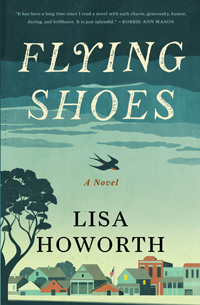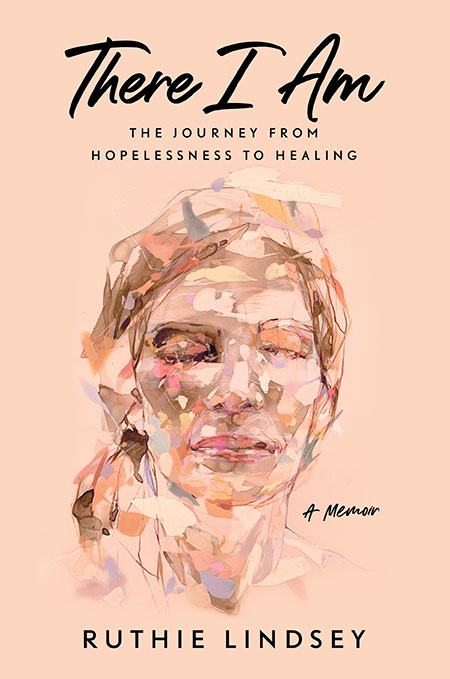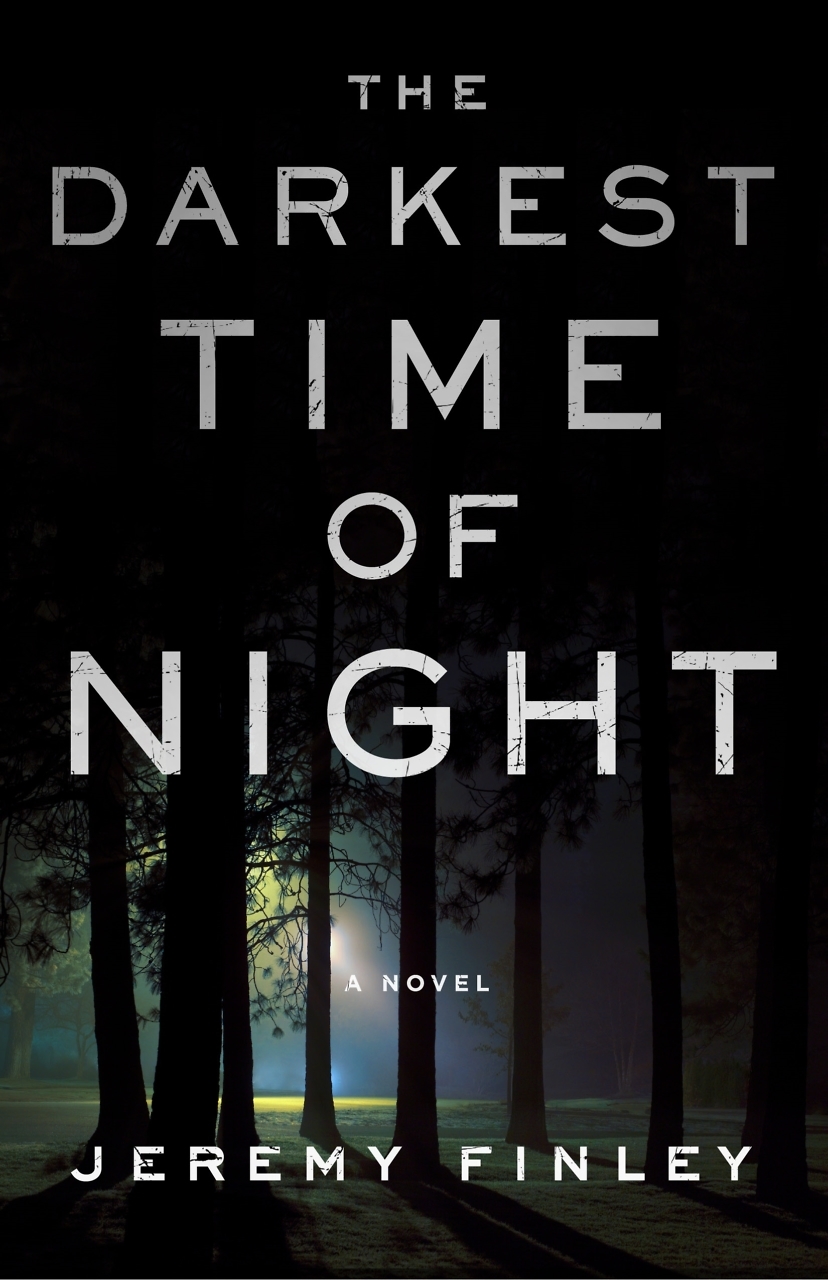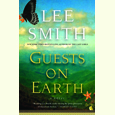Little Things
Lisa Howorth’s Flying Shoes blends dark humor and grief in a character-driven story about the consequences of murder
The epigraph of Lisa Howorth’s debut novel, Flying Shoes, comes from Charles Laughton’s The Night of the Hunter, one of the great cinematic depictions of murder in the South. The line is delivered by Lillian Gish, who plays a tough Southern woman dedicated to protecting children: “It’s a hard world for little things.” Flying Shoes gives the floor to those little things—endless details of everyday life, dark memories we’d rather forget, and the nearly-invisible people lodged in neglected corners of every small town.
 When it comes to life in a small Southern town, Lisa Howorth’s bona fides are hard to ignore. A long-time resident of Oxford, Mississippi, Howorth and her husband Richard co-founded Oxford’s beloved independent bookstore Square Books in 1979. But Howorth grew up in the D.C. area, where in 1966 her family experienced a tragedy on Mother’s Day: the sexual assault and murder of Howorth’s nine-year-old stepbrother. That crime provides the basis for the fictional murder case at the heart of Flying Shoes.
When it comes to life in a small Southern town, Lisa Howorth’s bona fides are hard to ignore. A long-time resident of Oxford, Mississippi, Howorth and her husband Richard co-founded Oxford’s beloved independent bookstore Square Books in 1979. But Howorth grew up in the D.C. area, where in 1966 her family experienced a tragedy on Mother’s Day: the sexual assault and murder of Howorth’s nine-year-old stepbrother. That crime provides the basis for the fictional murder case at the heart of Flying Shoes.
At the novel’s outset, Mary Byrd Thornton receives an unexpected call that upends her plans: the cold-case detective assigned to her stepbrother Stevie’s murder has summoned her home to Virginia, where new evidence promises hope that the case may soon be solved. Mary Byrd understands that she cannot hide from what’s coming: “The only thing to be done now was to offer her two cents in the hope that it might keep what had happened to her family from happening to someone else’s. And it had happened to her entire family. Each one of them had been molested and some part of them killed off, or maimed for life. If it hadn’t happened, they’d all be different people.”
A complex protagonist, Mary Byrd is tough to pin down. Her motives are never simple, and her judgments of others are by turns severe and indulgent. Her insecurities, shortcomings, and regrets add up, and eventually we come to see that her penchant for hoarding small trinkets, her attraction to men of questionable repute, and her obsessions with the minutiae of her domestic life are all fruits of her family’s irresolvable grief about Stevie’s death.
 The small Mississippi town that serves as the setting for Flying Shoes is clearly a stand-in for Oxford, and Howorth renders its details in abundance and specificity. Mary Byrd expresses disdain for the “quaint-hounds” who are aggressively smitten by Southern cliché. But her world is also full of locals who are pursuing their own deeply idiosyncratic paths. She knows people in every cranny of the town—university professors, chicken farmers, housekeepers, and the endearing troublemakers who keep everyone supplied with Xanax.
The small Mississippi town that serves as the setting for Flying Shoes is clearly a stand-in for Oxford, and Howorth renders its details in abundance and specificity. Mary Byrd expresses disdain for the “quaint-hounds” who are aggressively smitten by Southern cliché. But her world is also full of locals who are pursuing their own deeply idiosyncratic paths. She knows people in every cranny of the town—university professors, chicken farmers, housekeepers, and the endearing troublemakers who keep everyone supplied with Xanax.
While Mary Byrd travels into her family’s dark past, the inhabitants of her present life must deal with an ice storm that throws them all out of their routine. Teever Barr, a Vietnam vet who has improvised a useful but peripheral role in town, injures his foot badly. Eventually, he finds respite among Mexican workers living in a collection of trailers. They treat his foot and give him some of their homemade liquor—but not before pretending they’re going to chop him to bits. Teever settles warmly into sleep, thinking, “Right now he was home, because home was where they might fuck with you but for some reason they’d let you stay.”
Howorth writes forthrightly about race, which is admirable and necessary in any serious Southern novel, but as a consequence these characters, including Mary Byrd, can sometimes say or think things that we’d rather they didn’t. Characters of all races and backgrounds call one another out for their hypocrisies and rationalizations, though they rarely condemn or dismiss one another in the process. In small-town life, these conflicts don’t go away, but neither do the chances to make things better, if only through the smallest of neighborly gestures.
Flying Shoes is not a murder mystery, and any reader expecting one will come away from this novel frustrated. Its strength lies instead in Howorth’s emphasis on eccentric characters, most of whom have little to do with the murder plotline. Their misadventures are often told with a lighthearted tone, in contrast to the sober narration of Mary Byrd’s family tragedy. At times, the novel feels like two separate books engaged in an awkward but intriguing first date. Just as Mary Byrd must manage the difficult events of her past, the novel too must find a way to bring humor and familiarity to the kind of nightmarish events that we try so hard to believe will not, cannot, occur to us or our loved ones.
In this regard, the book strikes an imperfect balance; then again, so do our own lives. After all, the characters of Flying Shoes are at their most memorable when they are also at their most imperfect. We can’t help but have affection for them all—and for the novel itself—just as they are.

Emily Choate holds an M.F.A. from Sarah Lawrence College, and her writing has appeared in Yemassee and Tennessee Libraries and is forthcoming in The Florida Review. She lives in her hometown, Nashville, where she’s working on a novel.


